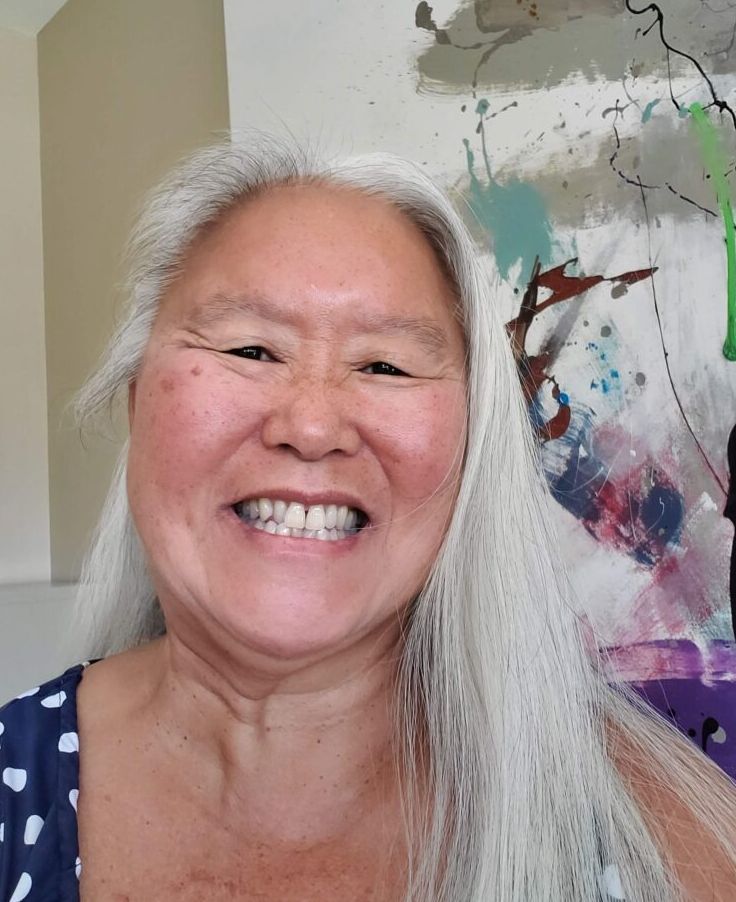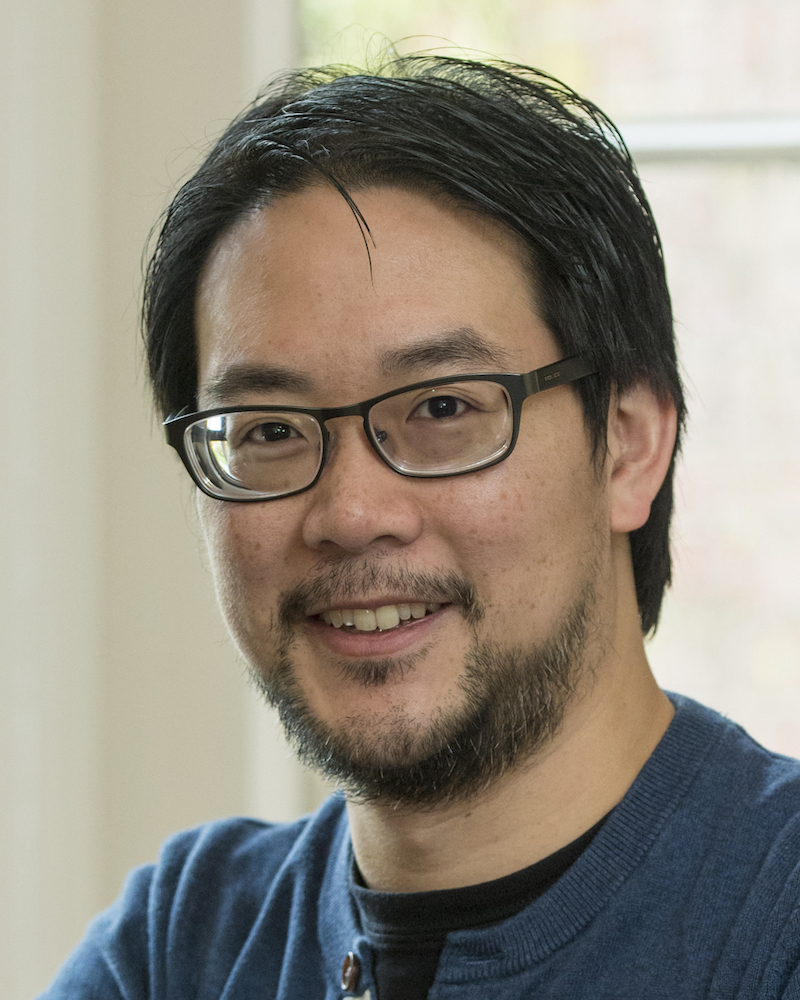Keynotes
Software-Enabled Discovery Through Diversity, Equity, and Inclusion

Research software engineering is an exciting, rapidly growing, and evolving field, as demonstrated by the inaugural US-Research Software Engineering Association Annual Conference. The field is inherently multi- and interdisciplinary and the US-RSE strives to build a thriving community focused on enabling discovery through scientific software. One of the core community goals is building a diverse and inclusive US-RSE ecosystem. This session will explore a portfolio of programs and activities aimed at increasing diversity, promoting equity, and building a workforce where inclusion is the norm. We will identify some of the key challenges and success and share lessons learned.
Mary Ann Leung
Dr. Leung is a nationally acclaimed leader in the design and implementation of innovative programs aimed at developing the next generation of computing sciences leaders. She is the founder and President of Sustainable Horizons Institute, a 501 (c)(3) nonprofit organization dedicated to cultivating a diverse workforce prepared to be leaders and add new dimensions to innovation. She heads up a variety of programs aimed at diversifying the U.S. Department of Energy National Laboratory workforce as well as catalyzing change in the broader professional community to normalize inclusion. In addition to programmatic work, the organization consults with organizations and provides recommendations on workforce development, diversity, and inclusion. She serves on the U.S. Department of Energy Advanced Scientific Computing Advisory Committee, as an Editor for the Diversity and Inclusion department for the Computing in Science and Engineering Magazine, and served on the Congressionally mandated National Academies study of the NASA University Leadership Initiative.
A computational chemist by training, Dr. Leung is an experienced author and researcher. Her research interests include the development of scalable, parallel, scientific codes for the investigation of quantum mechanical phenomena with applications in quantum computing as well as STEM education, workforce development, diversity, and inclusion. She graduated with honors from Mills College, earning a B.A. in chemistry with a minor in math. Dr. Leung holds Ph.D. and an M.S. degrees in computational physical chemistry from the University of Washington.
Research software engineering – from “what” and “where” to “why” and “how”: looking to the future of Software Enabled Discovery

For ten years, we’ve discussed “what” an RSE is, “what” they do, and “where” they should sit. In this talk, I’ll reflect on the successes that have been made by RSEs to support Software Enabled Discovery, but I’ll also look into the future to ask “why” research software engineering is important and “how” we might. How can the profession continue to mature, how can it become more diverse and accessible, and how can it be better seen as meaningful and relevant to society? I will also look at why we should look to other areas to understand the next ten years of RSE.
Neil Chue Hong
Neil P. Chue Hong is the founding Director of the Software Sustainability Institute and Professor of Research Software Policy and Practice at EPCC, University of Edinburgh. He works to improve software sustainability, research software engineering practices, and the impact of research software policy and incentives. He has contributed to international research software guidelines including the FAIR Principles for Research Software, Software Citation Principles, and NISO Reproducibility Badging and Definitions. He holds a number of advisory roles, including chairing the steering committee for the UK’s exascale software, algorithms and infrastructure programme (ExCALIBUR) and membership of the UKRI Advisory Committee on Digital Research Infrastructure. He is the Editor-in-Chief for the Journal of Open Research Software, co-editor of “Software Engineering for Science,” and co-author of “Best Practices for Scientific Computing” and “An Open Science Peer Review Oath”. He is a member of the Association for Computing Machinery, a member of the Society for Research Software Engineering, and a Fellow of the British Computer Society.